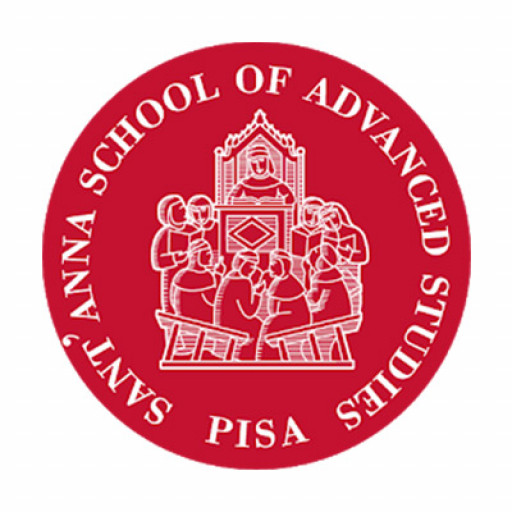Photos of university / #iowastateu
The Plant Breeding program at Iowa State University is a comprehensive and innovative undergraduate major designed to equip students with the knowledge and skills necessary to develop improved crop varieties that meet the challenges of modern agriculture. This program emphasizes the integration of classical breeding techniques with cutting-edge molecular biology, genomics, and biotechnology, preparing students to contribute effectively to sustainable food production, crop resilience, and global food security. Students will gain a solid understanding of plant genetics, inheritance, and physiology, along with practical experience in designing and implementing breeding strategies in laboratory, greenhouse, and field settings. The curriculum covers essential topics such as plant genetic resources, trait discovery, marker-assisted selection, genetic modification, and data analysis, ensuring graduates are proficient in both theoretical concepts and applied techniques. Collaborative research projects, internships, and hands-on training are integral components of the program, providing real-world experience and fostering innovation in plant breeding. Graduates of the program are well-positioned for careers in plant breeding companies, agricultural research institutions, government agencies, and nonprofit organizations dedicated to crop improvement. They will be capable of addressing current and future agricultural challenges, such as climate change, pest resistance, and nutritional enhancement of crops. The program also offers pathways for graduate study and research, further advancing expertise in plant genetics and breeding methodologies. With access to state-of-the-art facilities and expert faculty, students will be at the forefront of developing the next generation of resilient and high-yielding crop varieties that are vital for global food security and sustainable agriculture systems.
- Agron 521 (3 cr) Principles of Cultivar Development
- Agron 522 (2 cr) Field Methods in Plant Breeding
- Agron 523 (3 cr) Molecular Plant Breeding
- Agron 524 (3 cr) Applied Molecular Genetics & Biotechnology
- Agron 528 (3 cr) Introduction to Quantitative Genetics for Plant Breeding
- Agron 600A (1 cr) Plant Breeding Seminar
- Agron 698 (2 cr) Agronomy Teaching Practicum
- Agron 699 (variable cr) Research-related activities each semester
- Agron/AnSci 561 (4 cr) Population and Quantitative Genetics for Breeding
- Gen 510 (3 cr) Transmission Genetics
- Stat 401 (4 cr) Statistical Methods for Research Workers
- Stat 402 (3 cr) Statistical Design and the Analysis of Experiments / Agron 526 (3 cr) Field Plot Technique
- Agron 621 (3 cr)-Advanced Plant Breeding
- Agron 625 (3 cr)-Genetic Strategies in Plant Breeding
Ph.D. students must pass uniform written and oral preliminary examinations usually taken during the first two years of their program.
- Iowa State requires a degree it considers comparable to a US bachelor’s or higher degree from a regionally accredited college or university prior to beginning graduate studies. (For foreign institutions, that would be recognition by the Ministry of Education.)
- Our graduate application form is only available online. The $100 application fee for international students is nonrefundable. If you prefer not to pay the application fee by credit card, you may complete and print the online application, and attach your personal check. All checks should be in US dollars and made payable to Iowa State University.
- Grade Point Average (GPA)
- Statement of Purpose
- Online Recommendations
- Internet Based TOEFL (iBT) 79, Paper-Based TOEFL (PBT) 550
- IELTS 6.5
- Graduate Records Examination (GRE)
- Financial Statement
- Publications list, if applicable, should be submitted as a PDF in the online application system
- Resume and publications list should be submitted as PDFs in the online application system
Scholarships
Most students receive a research assistantship from their major professor. Fellowships are available from the Raymond F. Baker Center for Plant Breeding , the Agronomy Department, and the University. Application information is available from each student's major professor.
The Plant Breeding program at Iowa State University is a comprehensive and rigorous academic pursuit designed to prepare students for careers in developing new plant varieties, improving crop yields, and advancing agricultural sustainability. This program offers a Bachelor of Science degree with specialized coursework in genetics, plant biology, and horticulture, providing students with a strong foundation in both fundamental and applied sciences. Through a combination of lectures, laboratory work, and field studies, students gain practical skills in plant genetics, hybridization techniques, and data analysis, essential forinnovative research and development in plant breeding.
Students have opportunities to engage in research projects, often collaborating with faculty who are experts in crop science, biotechnology, and genetics. The program emphasizes modern breeding technologies, including marker-assisted selection andGenomic selection, equipping graduates with state-of-the-art tools to meet global food security challenges. Moreover, students can participate in internships and cooperative education programs with industry partners and research institutions, gaining valuable real-world experience and professional networks.
The university's facilities support these endeavors, offering advanced laboratories and field stations dedicated to plant science research. The curriculum also includes courses in plant pathology, entomology, and soil science, providing a holistic understanding of crop production systems. Graduates of the program are prepared for careers in plant breeding companies, government agencies, research institutions, and academia, or for further graduate studies in related disciplines. The program underscores sustainability, innovation, and global food security as core principles, aiming to develop leaders capable of addressing the agricultural demands of the future.









